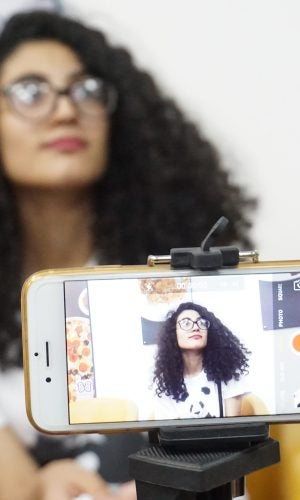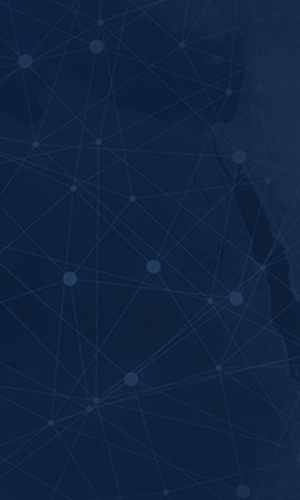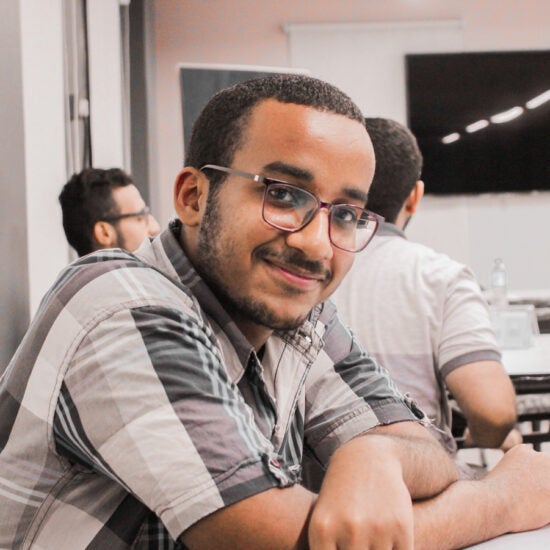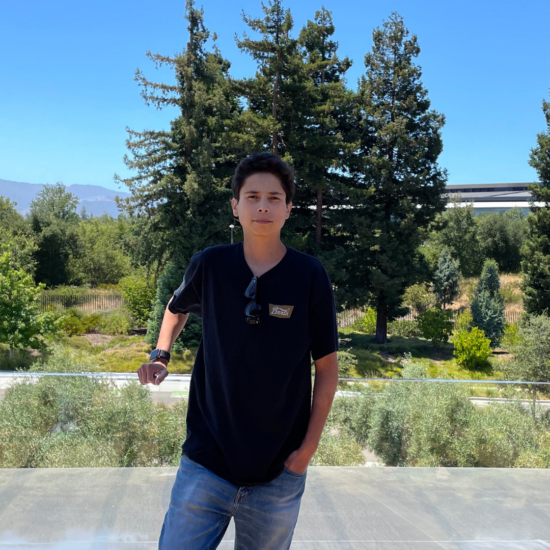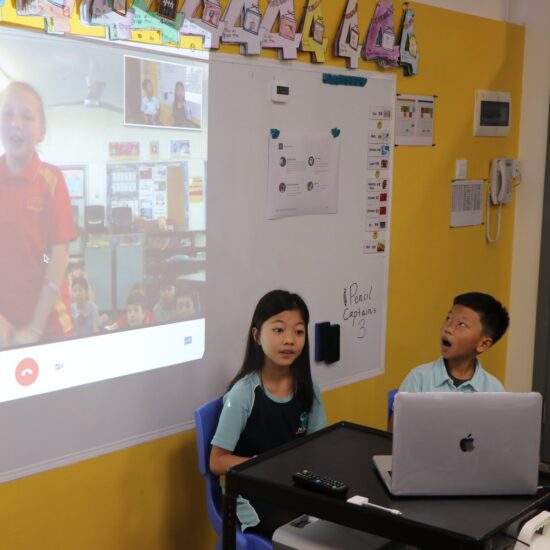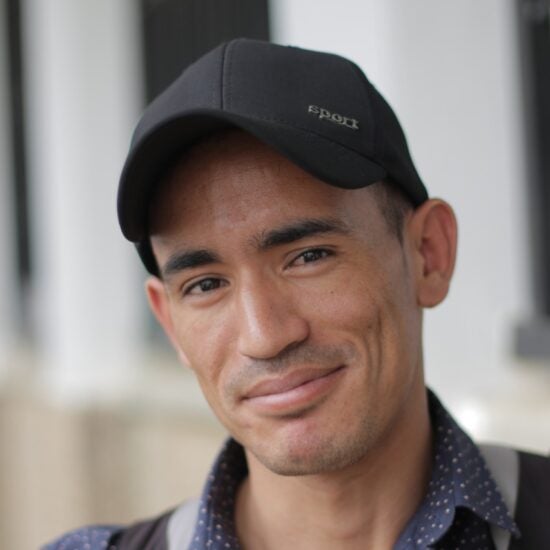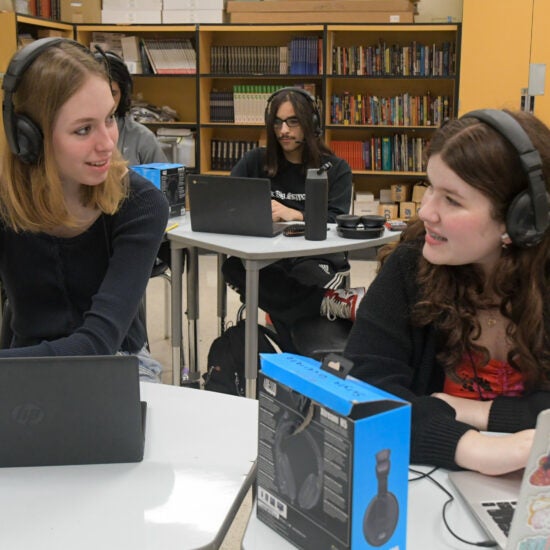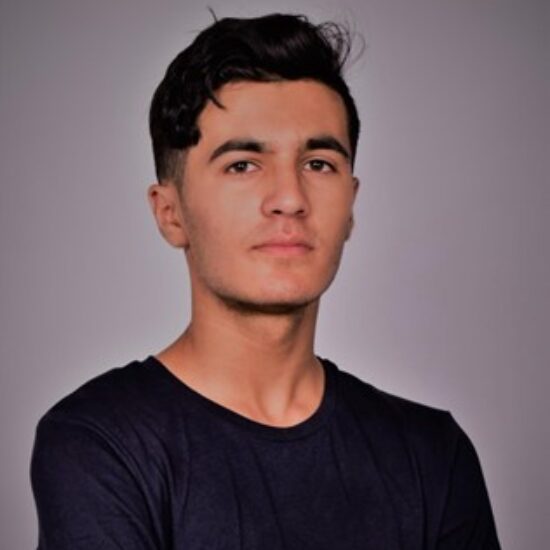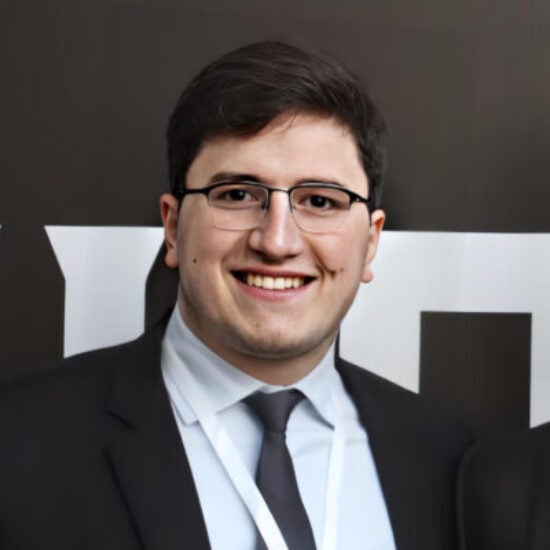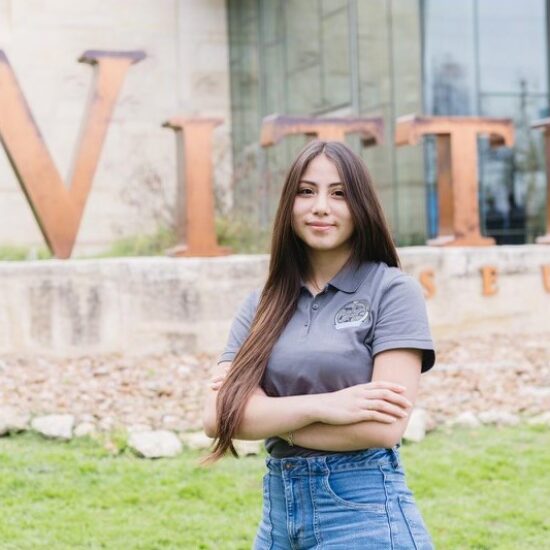Students from eight states and Washington, D.C., and 11 Iraqi provinces participated in the first cohort of the innovative program.
After spending 12 weeks defining the characteristics of good leadership, learning about global issues, and gaining a better understanding of innovative social change initiatives, students were given tools to develop a project aimed at solving a problem in their home communities.
Students in Colorado focused their project proposals on homelessness, some making plans to raise awareness through marketing campaigns in their cities and volunteering at shelters. Students in Karbala, Iraq, puzzled over how to prevent the degradation of agriculture by encouraging their communities to purchase local agricultural products.
“Each country’s youth have a thirst for change and strive for social progress,” an American participant noted. “There will be outliers, but the majority of the upcoming generations believe change must happen.”
Students grew close within their “virtual host families,” small groups of Iraqis and Americans who discussed their cultural backgrounds and lifestyles. After the program ended, students in Iraq organized in-person meet-ups with their new friends, and a virtual reunion was organized for all participants. A number of students implemented their projects in their home communities. Students collaborated with the alumni of World Learning’s Iraqi Young Leaders Exchange Program (IYLEP) to organize a Peace Carnival in Al-Diwanyah City in Iraq. Other student groups organized a clothing drive for orphans and reopened a long-closed library in their school.
“Everything changed after I participated in the program,” an Iraqi participant said. “The United States and Iraq share a lot of things in common, for example we both suffer from the same global [issues] that are affecting people everywhere, and I also noticed that both Iraq and American youth have a love for volunteering, and I’m sure they will be great leaders in the future because they have what it takes.”
